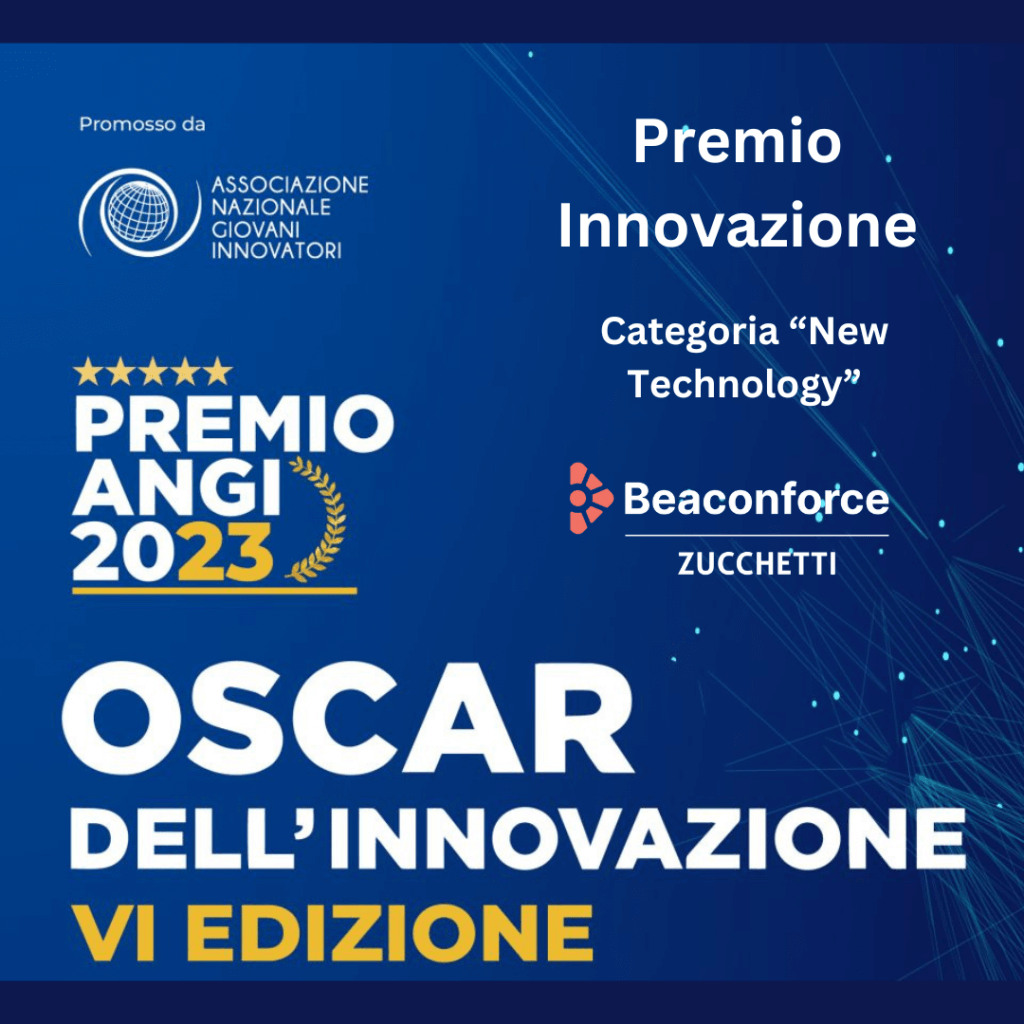The Indispensable Secrets of Digital Wellness in the Workplace - Interview with Monica Bormetti
Published
29th March, 2023
Index
- In your experience, how have you seen the digital wellness space in the workforce evolve in the last few years and why did you think it was important to create Smart Break?
-
Why should organizations take charge of handling the digital wellness of their organization and its employees?
- Some may say that employees must assume their own responsibility for their own health and well-being, what are your thoughts on this?
- In the timeline of your career, what are the common digital wellness mistakes you see companies making?
- To conclude, what role do you think software such as Beaconforce plays in improving Digital Wellness within companies and what trends are you tracking in the workforce Digital Wellness space in 2023?
Digital Wellness has become one of the many components we need to consider when we talk about corporate culture. Starting from the benefits of Digital Wellbeing and the importance of having dedicated programs for our employees. We are all familiar with the concept of wellness, but it is important to extend it into the digital landscape through precisely Digital Wellbeing, which is the pursuit of an intentional and healthy relationship with technology, both in the workplace and in private life.
Today we have Monica Bormetti, Co-founder of Smart Break. , who, together with her brother Matteo, created the first of-its-kind Italian reality that deals with training and dissemination of topics dealing with the relationship between Technology and Psychology. Targeting companies and professional firms that understand the cost of productivity and employee well-being due to digital distractions. Monica's work has two primary goals:
-Helping people manage digital distractions and increase job effectiveness and satisfaction
-Increase work-life balance in increasingly digitized work environments.
We at Beaconforce are very proud to have had the opportunity to interview Monica and to be able to share her experience and knowledge not only on the importance of digital wellness but also on the best strategies for making it a fundamental part of any organization's corporate culture.
We founded Smart Break in 2017 and the scenario was completely different so I have seen a great evolution with respect to the topic of Digital Wellness in Italy and beyond. Since the period of the pandemic where companies digitized their processes in a hurry to ensure business continuity, there has been an increase in the use of technology at work that we need to reflect on today from my point of view.
We created Smart Break as a project that was digitally born and still provides content and services in digital form so we are not detractors of technological development. But we believe it is important, especially in companies where people spend a good part of their time, that there is some sensitivity with respect to the impact that unconscious use of communication and work tools such as email or internal chats can have on people's functioning and mental health.
Today we are in a historical period where focus and concentration are increasingly undermined by hyper-distracting work settings that chase multitasking. This has a negative impact both on the outcome that people can bring to their work and on their own level of mental well-being.
Gloria Mark, a professor at the University of California, has been studying the impact of technology in work settings for many years now. Her studies show how over time there has been a decrease in people's ability to stay focused on a task while working at a computer. While in 2013 the figure Mark collected was 3 minutes and 16 seconds, in 2017 we are up to 40 seconds. This data tells us that people while they are in front of the computer working are finding it increasingly difficult to do so in a focused, distraction-free way and thus perform well.
So I believe that today companies must take charge of managing Digital Wellness in their organization as it is an issue of distraction that makes people increasingly fatigued and dissatisfied.
I think it is a simplistic narrative to deal with a complex problem that everyone, from the individual to the organization to those who build the software we use, needs to take his or her little piece of responsibility and bring a useful contribution to a situation that threatens to create generations of tired and dissatisfied people.
Leslie Perlow, of Harvard Business School, in her book "Sleeping with your smartphone," recounts the work done with Boston Consulting Group, first as an experiment and then spread globally, to create a work culture that would allow people not to be perpetually connected.
This is an excellent case study that, individual organizations can adapt to their own reality and that teaches us how working on an organizational culture that promotes people's health and well-being is possible but requires a top-down push as well as a bottom-up requirement.
The main mistake I see is thinking that providing some copy-paste strategy to their people, to better manage digital overload, is really dealing with Digital Wellness. Time and time again, I have encountered corporate entities that thought they were really bringing impact with respect to people's digital habits, either through a one-hour webinar aimed at the entire population or by sending out tips that would inspire people to carve out distraction-free workspaces.
These are actions that can certainly make sense, but if they are embedded within a broader strategy that is tailored to the issues people have detected. So what I recommend to companies that really want to bring a contribution to the quality of work and life of their people, is to do it within a well-constructed strategy that takes into account the specific work needs and goals that you want to achieve.
Monica, as you know, Beaconforce is a deep listening tool, based on solid scientific foundations, which helps companies translate people's voices into insights and predictive analysis, creating more engaging, sustainable, and performing work environments. The companies that choose us are innovative and cutting-edge, they care about the well-being and mental health of their people.
I think software such as Beaconforce can play a key role in detecting the main issues that people in the company experience in their daily lives with respect to managing the mental overload generated by digital use. In fact, through monitoring, listening, and observing what is happening in the performance of people's work, specific areas can be identified on which to intervene.
With respect to trends to watch out for in the near future, from my point of view, there are the following aspects:
- Nurture professional relationships and prevent loneliness that can result from working entirely or partially remotely.
- Developing people's focus by allowing work to be structured to allow times and places to not be perpetually distracted.
- Manage work communications in a way that avoids redundancies, and discharges of responsibility and promotes clarity;
- Integrating artificial intelligence that will increasingly be part of our lives and should be welcomed as we would welcome a new colleague.
Thank you very much for this interview, Monica!
If you're interested in improving the digital wellness of your employees and creating a strategy that is both effective and ongoing check out our plans!
Articoli e news

